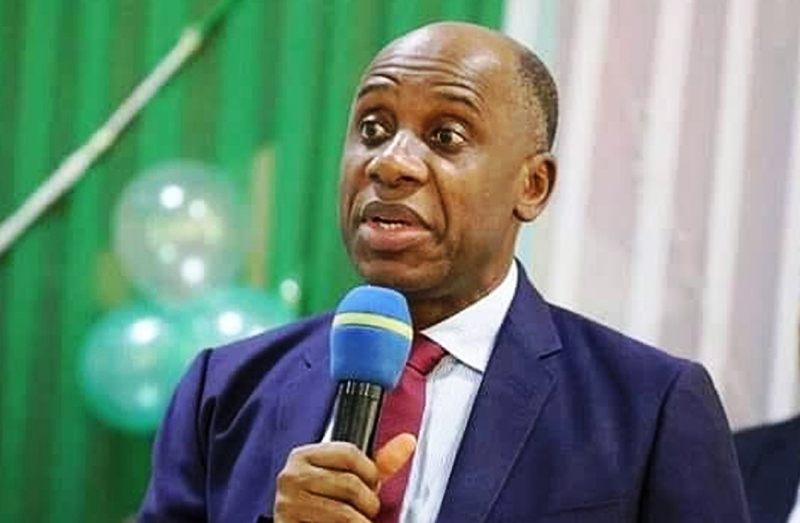Given the delay in the passage of the Petroleum Industry Bill (PIB), the Deputy Chairman, House of Representatives Committee on the Niger Delta, Hon Henry Nwawuba has said care must be taken for the National Assembly (NASS) not to pass a bill that will not be of any good to the Nigerian oil and gas industry.
TheNewsGuru.com (TNG) reports Hon Nwawuba, at an event organized by the Nigerian Natural Resource Charter (NNRC) on Friday, stated this, while also addressing the intricacies of the much-awaited PIB that was recently forwarded to the NASS by President Muhammadu Buhari.
Noting that petroleum sector reforms started in Nigeria over 18 years ago, the Lawmaker said the entire PIB document forwarded to the NASS by Buhari was yet to be committed to the technical committee for legislative fireworks to commence.
He said, “Petroleum sector reforms started in Nigeria over 18 years ago. Most of the other countries we started this journey with have moved along in the sector with transparency and accountability while Nigeria is still struggling with the PIB.
“We have been trying to pass this particular piece of legislation since the 6th Assembly. This matter is now of a certain urgency. We must be nimble but we must be thorough. Since we started the journey, the oil industry landscape has changed significantly.
“Care must be taken so we do not end up passing an obsolete bill. Having taken so long, it is critical that we get it right first time, particularly with the Host Community Bill. An “inclusive” bill that captures the aspirations of all stakeholders”.
The member representing Mbaitolu/Ikeduru Federal Constituency of Imo State further stated that a paradigm shift was needed to guarantee that the right stakeholders are consulted as against the method of speaking with a few representative groups who have hijacked the process to further personal agenda.
“The entire PIB document is yet to be committed to the technical committee for legislative fireworks to commence and believe me, we will be thorough.
“However, as part of our bill making cycle we will be conducting a public hearing to allow for all interested groups, civil societies, religious bodies, youth groups etc to send in memoranda and representations.
“The final PIB we will produce will be a harmonised document. The process of making this bill will be exhaustive. It will recognize a broad spectrum of stakeholders that will hopefully include unborn children and infants, adolescents, women, youth, chiefs and traditional rulers,” the Lawmaker stated.
Speaking on the National Oil Spill Detection & Response Agency (NOSDRA) amendment bill, Nwawuba said, “the bill was passed by both chambers in 8th Assembly but was denied assent by Mr. President. We have taken advantage of our House Rule (Order 12) and re-introduced it in this 9th Assembly. It has now passed 1st and 2nd reading.
“One of the mandates of NOSDRA is to restore and preserve our environment by ensuring best oil fields, storage and transmission practices in exploration, production and use of oil in the quest to achieve sustainable development in Nigeria.
“We are working to have a technical committee set up to harmonize all the grey areas raised by Mr President, particularly the regulatory overlaps, and hopefully an emergency fund to react to environmental emergencies”.
The Lawmaker also addressed the fate of the Niger Delta region after oil is long a thing of the past just like Enugu and Benue States stopped being relevant after the coal age.
“Nigeria has a proven deposit of about 40 billion barrels of crude. By my calculation, if we drill at an average of 2 billion barrels a day, we will run out of crude by the year 2075. Our population by then will be well over 500 million people.
“Our focus must be on those things that are necessary to navigate the future. There should be zero tolerance for wastage of resources. We need financial planning models to withstand future internal and external shocks in the event of depletion of our crude reserves.
“So far we have failed to add value to our crude oil resources. We need to diversify the oil economy itself before talking about other sectors. If we had a robust mid stream industry we wont be where we are today.
“Assuming 50% of our [crude oil] production is refined domestically we wont be here today. This is all down to policy failure. Why are refineries not working? Because we have the wrong policies. If we had the capacity to refine 1 million bpd think of how many jobs that will create.
“Oil currently contributes about 60% to our economy earnings but only about 6-8% of our GDP. Have we used our oil resources well? The answer is no. We need to sterilize crude oil from our national budget so that our oil earnings will be used to build for the future.
“We need to be shifting away from what we have been doing to what we must be doing. Our dependence on the extractive industries and fossil fuel deposits has exposed and alienated our economy from growth,” Nwawuba stated.
Also speaking on the current state of the Strategic Implementation Work Plan (SIWP), Nwawuba said, “the SIWP was designed to pool all ongoing interventions in the Niger Delta and donor activities in order to stop the duplication of projects by institutions and the misapplication of those funds by reinvesting in projects already undertaken by another entity.
“It was about the different ongoing live projects and monitoring those projects, so that they’re actionable. The SIWP was put forward at the Federal Executive Council (FEC) but was not approved.
“So the duplicity continues unchecked leading to those in Niger Delta not benefitting. The National assembly will continue to advocate for the SIWP to be approved. I commit to be at the forefront of that push”.
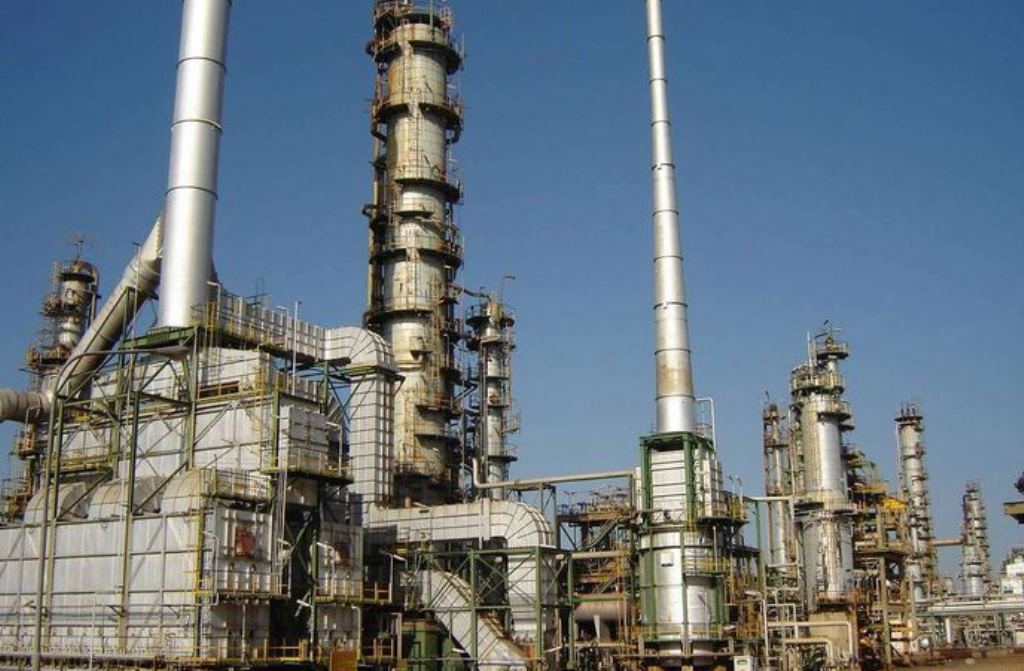
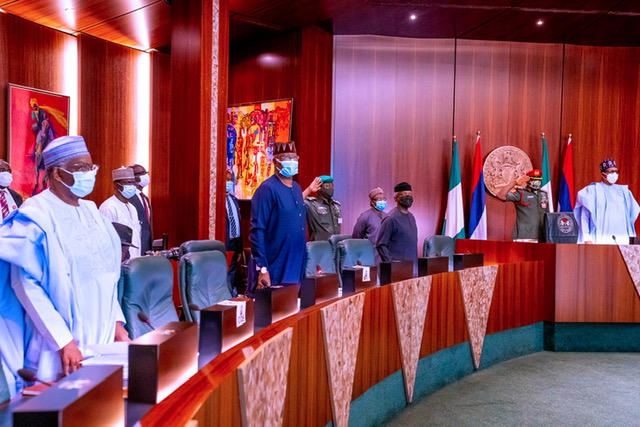
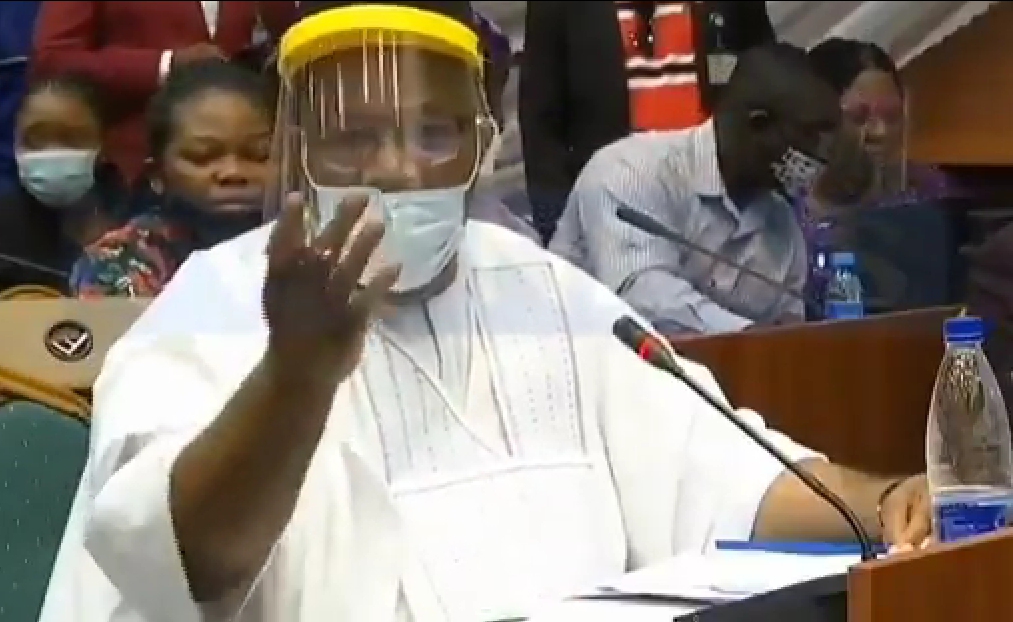
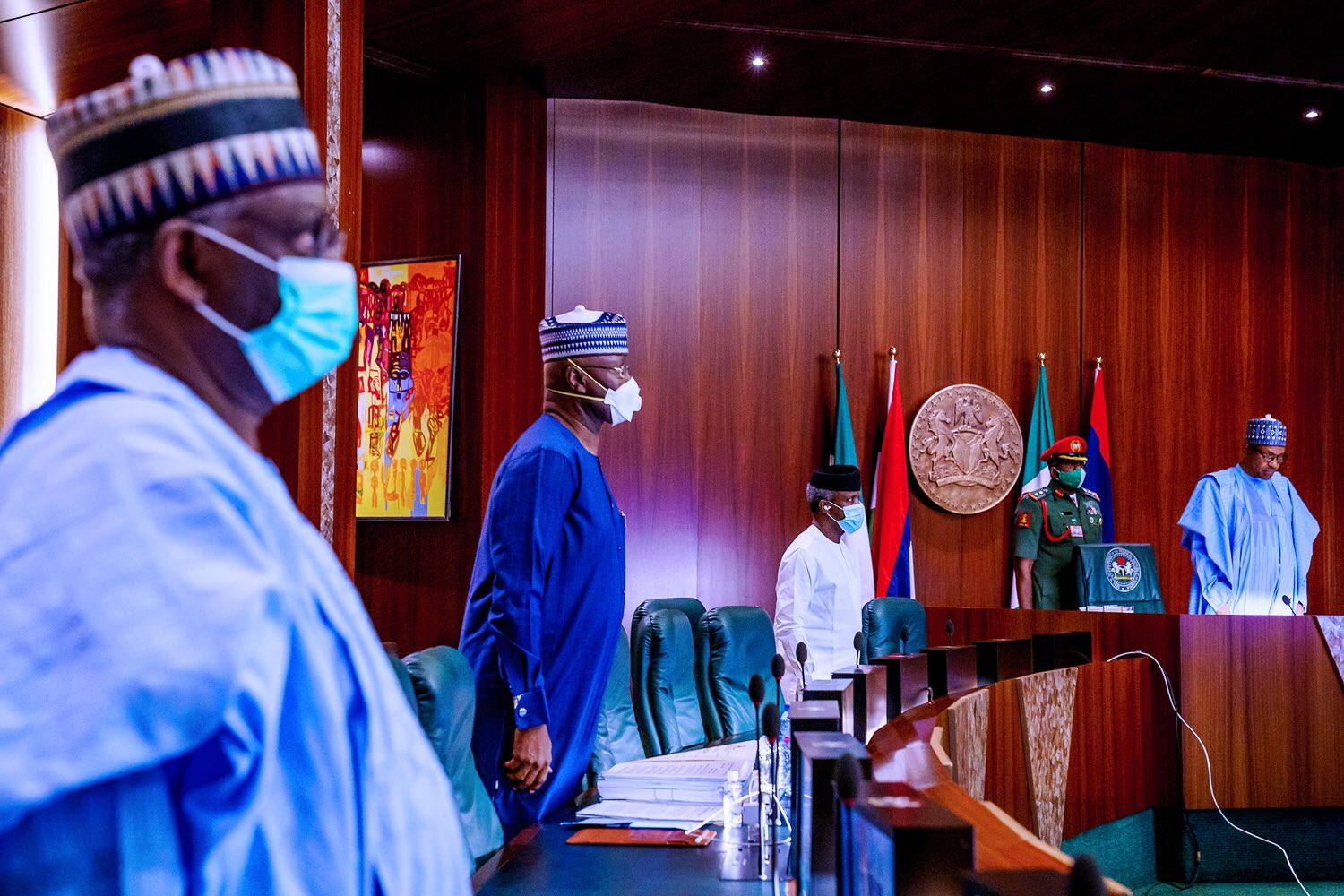
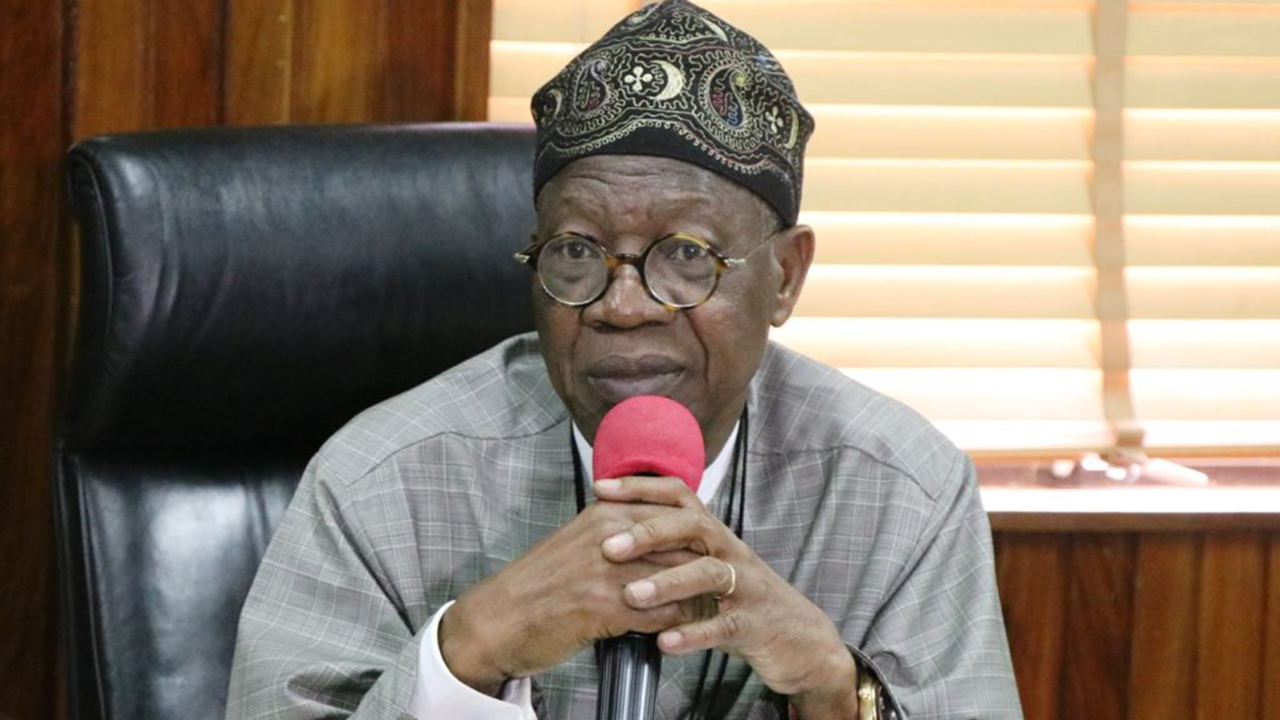
![FG approves establishment of additional 20 private universities [Full list]](https://thenewsguru.ng/wp-content/uploads/2020/08/Malam-Adamu-Adamu.jpg)

